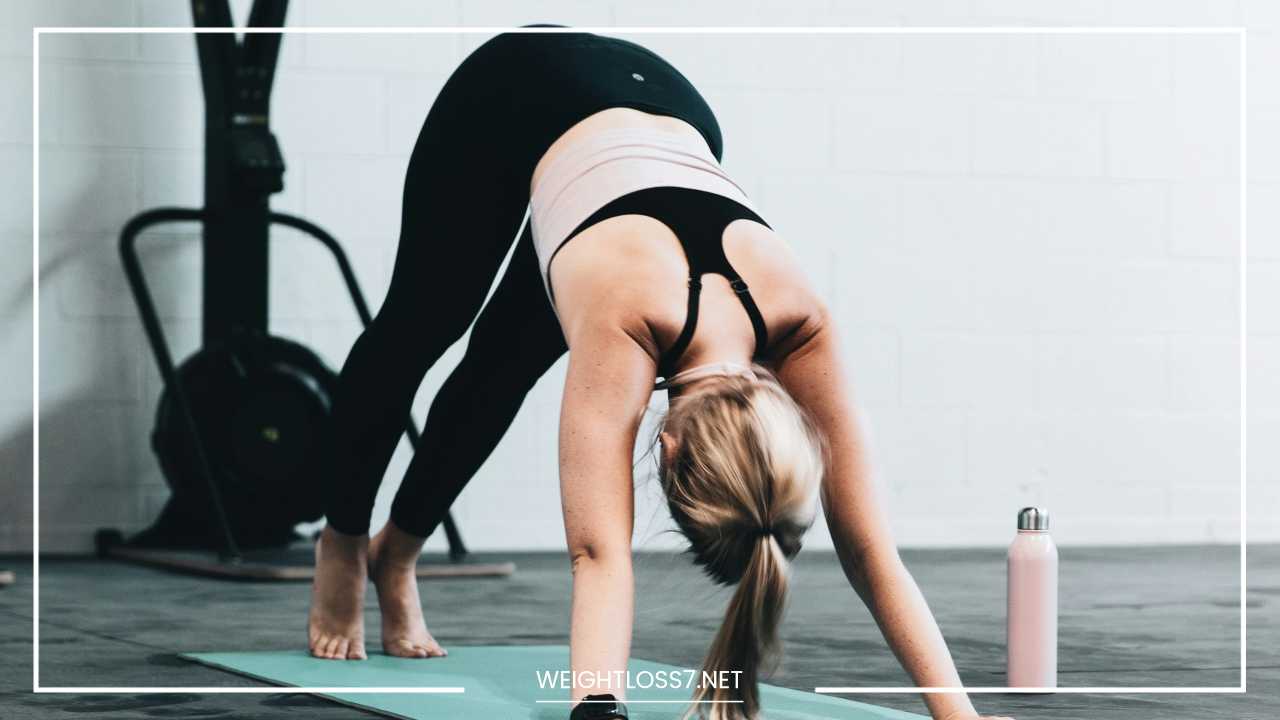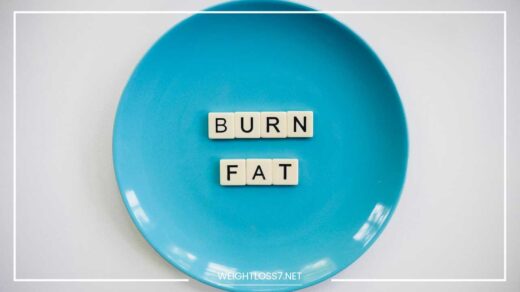Why Exercise is Your Best Defense Against Disease

Why Exercise
Why Exercise is Your Best Defense Against Disease: A Natural Shield for a Healthy You
In today’s world, bombarded with messages about miracle cures and wonder drugs, it’s easy to forget the most potent weapon in our health arsenal: exercise.
Scientific evidence overwhelmingly supports the notion that regular physical activity is one of the most powerful tools we have to prevent a wide range of chronic diseases.
It acts as a natural shield, strengthening your body’s defenses and keeping you healthy from the inside out. This isn’t just about feeling good in the moment; it’s about investing in a longer, healthier life.
Beyond Immunity: A Deeper Dive into Exercise’s Benefits
While a robust immune system is crucial, exercise offers a broader spectrum of benefits that go beyond just fighting off invaders. Let’s delve deeper into how regular physical activity reduces the risk of developing various chronic conditions:
-
Heart Disease: The Silent Threat: Heart disease, the leading cause of death globally, thrives on a sedentary lifestyle. Exercise strengthens your heart muscle, improves blood flow, and lowers blood pressure. It also helps maintain healthy cholesterol levels, reducing the formation of plaque in your arteries. This translates to a healthier heart, improved circulation, and a lower risk of heart attacks, strokes, and other cardiovascular complications.
-
Taming the Blood Sugar Rollercoaster: Exercise and Diabetes Prevention: Type 2 diabetes is a growing concern, affecting millions worldwide. Exercise helps your body manage insulin more effectively, regulating blood sugar levels and preventing the development of this chronic condition. Regular physical activity increases insulin sensitivity in your muscle cells, allowing them to absorb glucose (sugar) from the bloodstream more efficiently. This keeps your blood sugar levels in check and reduces the workload on your pancreas, the organ responsible for insulin production.
-
The Body’s Battlefield: Exercise and Cancer Prevention: Studies suggest that regular exercise can decrease the risk of developing certain types of cancer, including colon and breast cancer. The exact mechanisms are still being explored, but exercise may play a role in:
- Hormone Regulation: Physical activity can help regulate estrogen levels, a risk factor for certain cancers.
- Reduced Inflammation: Chronic inflammation is linked to an increased risk of various cancers. Exercise has anti-inflammatory properties, helping to create a more favorable environment for your body’s cells.
- Improved Metabolism: Exercise helps maintain a healthy weight, which is another important factor in cancer prevention.
-
Obesity: The Gateway to Disease: Obesity is a major risk factor for many chronic diseases, including heart disease, diabetes, and some cancers. Exercise plays a crucial role in weight management by burning calories and promoting muscle growth. Muscle tissue burns more calories at rest, even when you’re not actively exercising, contributing to a healthier weight and reducing the risk of obesity-related diseases.
-
Mental Fitness: Exercise for a Balanced Mind: The benefits of exercise extend far beyond the physical. Physical activity is a powerful tool for managing stress, anxiety, and depression. Exercise triggers the release of mood-regulating chemicals in the brain, such as endorphins and serotonin, which have natural mood-boosting effects. It also promotes better sleep, which is crucial for mental well-being. Engaging in regular physical activity can significantly improve your mental health and emotional resilience.
The Science Behind the Sweat: How Exercise Strengthens Your Immune System
Our immune system, a complex army of cells and tissues, is constantly on guard against invaders like bacteria, viruses, and parasites. Here’s how exercise strengthens this vital defense system:
-
Enhanced Circulation: When you exercise, your heart rate increases, pumping immune cells like white blood cells throughout your body faster. This allows them to patrol and identify threats more efficiently, acting like a well-oiled security system within your body.
-
Cellular Powerhouse: Exercise and Immune Cell Production: Moderate-intensity exercise stimulates the production and activity of immune cells, particularly natural killer cells and T-cells. These specialized cells are the frontline fighters in your immune system, identifying and eliminating harmful pathogens before they can cause illness.
-
Stress: The Silent Saboteur of Immunity: Chronic stress weakens the immune system, making you more susceptible to illness. Exercise is a natural stress reliever, lowering levels of stress hormones like cortisol. This creates a more favorable environment for your immune system to function effectively, allowing it to respond more efficiently to potential threats.
-
The Domino Effect: Exercise and Overall Health: Exercise promotes weight management, reduces inflammation, and improves cardiovascular health. These factors all contribute to a stronger immune system and a lower risk of chronic diseases. By creating a healthier internal environment, exercise empowers your body to fight off illness more effectively.
Finding Your Exercise Fit: A Personalized Approach
The good news is that you don’t need to become a gym rat to reap the benefits of exercise. Even moderate physical activity for just 30 minutes most days of the week can make a significant difference. Here are some tips to find your exercise fit and personalize your routine:
-
Discover Your Inner Athlete: Explore different activities and find what sparks joy! From brisk walking, swimming, or dancing to yoga, team sports, or cycling, there’s an exercise option out there for everyone. Consider your interests, fitness level, and available time. Trying a variety of activities helps keep your workouts interesting and prevents boredom.
-
Start Slow and Progress Gradually: Don’t try to go from couch potato to marathon runner overnight. Begin with shorter workouts, perhaps 15-20 minutes a few days a week, and gradually increase the duration and intensity as your fitness improves. Listen to your body and take rest days when needed.
-
Make it a Habit, Not a Chore: Consistency is key! Aim to incorporate exercise into your daily or weekly schedule, just like any other important appointment. Schedule your workouts in your planner and treat them like any other commitment.
-
Find Your Support System: Working out with a friend, family member, or joining a group fitness class can provide motivation and accountability. Having someone to share the journey with can make exercise more fun and help you stay on track.
-
Embrace Technology: There are a plethora of fitness apps and wearable devices available to track your progress, set goals, and access virtual workouts. Utilize technology to find workouts you enjoy and stay motivated.
Beyond the Gym Walls: Unveiling Hidden Exercise Opportunities
Exercise doesn’t have to be confined to the gym. Here are some ways to incorporate more movement into your daily routine:
- The Active Commute: Opt for walking, cycling, or taking the stairs instead of driving or using elevators. Every step counts!
- Deskercise for the Win: Combat the dangers of sitting for long periods. Invest in a standing desk or incorporate short desk exercises like squats, lunges, or arm stretches throughout the day.
- Turn Errands into Adventures: Park further away from your destination and walk, or take the stairs instead of the elevator when running errands.
- The Household Hustle: Turn household chores into mini-workouts. Vacuuming, cleaning the house, or gardening can all be a form of exercise.
- Active Playdates: Make playtime with your kids or pets active. Go for a walk in the park, play tag, or participate in a joint dance party.
Remember, every bit of movement counts! By incorporating these small changes, you’ll be surprised how much more activity you can weave into your day.
Fueling Your Fitness Journey: The Food-Exercise Connection
Just like a car needs fuel to run, your body needs proper nutrition to power your workouts and optimize your health. Here’s how your diet can support your exercise routine:
- Prioritize Whole Foods: Focus on a diet rich in fruits, vegetables, whole grains, and lean protein sources. These foods provide the essential nutrients your body needs for energy, recovery, and overall health.
- Hydration is Key: Water is essential for optimal performance and recovery during exercise. Aim to stay hydrated throughout the day, before, during, and after your workouts.
- Post-Workout Refueling: After a workout, your body needs to replenish its energy stores. Consume a balanced snack or meal with carbohydrates and protein to support muscle repair and recovery.
Staying Motivated: Celebrating Milestones and Embracing the Journey
Staying motivated is key to making exercise a lifelong habit. Here are some tips to keep yourself inspired:
- Celebrate Your Achievements: No matter how small, acknowledge and celebrate your progress. Reaching milestones, whether it’s completing your first 5K or simply sticking to your workout routine for a week, deserves recognition.
- Track Your Progress: Use a fitness tracker, app, or journal to record your workouts and monitor your progress. Seeing how far you’ve come can be a powerful motivator.
- Mix it Up: Repetitive routines can become monotonous. Challenge yourself by trying new activities, workout classes, or exploring different outdoor locations for your workouts.
- Find Inspiration: Surround yourself with positive influences. Follow fitness accounts on social media, read inspiring stories, or watch fitness documentaries.
- Remember, Why You Started: Reflect on your initial goals for starting an exercise routine. Reminding yourself of the health benefits and how exercise makes you feel can reignite your motivation.
The Takeaway: Exercise for a Healthier, Happier You
Remember, a healthy lifestyle is a journey, not a destination. There will be setbacks and days when exercise feels like the last thing you want to do.
Be kind to yourself, and don’t get discouraged. The key is to find activities you enjoy and make exercise a regular part of your life, even if it’s just for short periods. Every bit counts!
Exercise: A Lifelong Investment in Your Well-Being
By making exercise a regular part of your life, you’re investing in your future health. It’s a natural, safe, and effective way to boost your immune system, prevent chronic diseases, improve your mental well-being, and enhance your overall quality of life. Here are some concluding thoughts to solidify the importance of exercise:
-
The Ripple Effect: Exercise benefits not just your physical health, but also your mental well-being and emotional resilience. You’ll have more energy, better focus, and a more positive outlook on life. This can positively impact your relationships, work performance, and overall sense of well-being.
-
Building a Strong Foundation: Regular physical activity strengthens your bones, muscles, and joints, reducing your risk of injuries and improving your balance and coordination. This is especially important as you age and helps you maintain independence and an active lifestyle for longer.
-
A Timeless Gift: The benefits of exercise are ageless. Regardless of your age or current fitness level, you can start reaping the rewards of physical activity. It’s never too late to begin and make a positive impact on your health.
-
A Doctor’s Prescription for a Healthy Life: Exercise is a powerful tool for disease prevention and management. In many cases, regular physical activity can help reduce your dependence on medication and improve the effectiveness of your treatment plan for chronic conditions.
Embrace the Power of Movement: A Call to Action
Exercise doesn’t have to be complicated or expensive. Start by incorporating small changes into your daily routine.
Take the stairs, park further away, or do some bodyweight exercises at home. Find activities you enjoy and gradually increase the intensity and duration as your fitness improves.
Remember, consistency is key. Even moderate physical activity for just 30 minutes most days of the week can make a significant difference in your health and well-being.
So lace up your shoes, hit the ground running (or walking!), and take charge of your health. Invest in yourself, and embrace the power of exercise for a healthier, happier you!
With a commitment to regular exercise, you can unlock a world of health benefits and empower yourself to live a longer, healthier, and more fulfilling life!

















